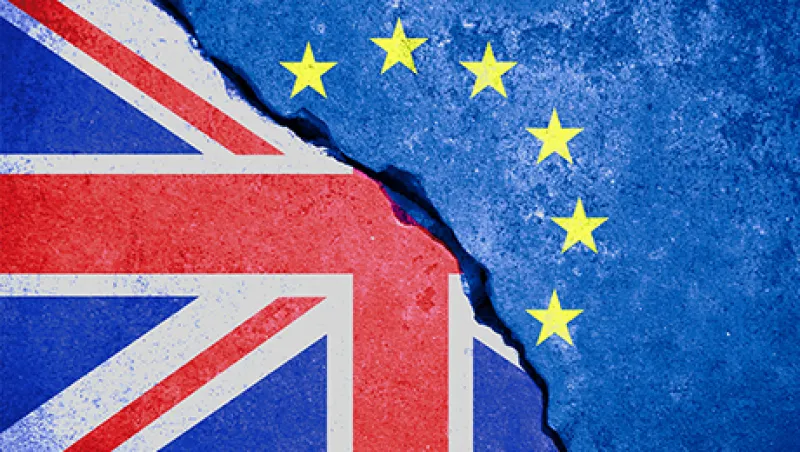When Mark Carney spoke one week after the U.K. electorate voted to “Leave” the European Union, the Bank of England governor voiced concerns over the impact the result would have on the U.K. economy and suggested that the central bank would act to loosen monetary policy. What the governor seemed to have missed was that the U.K. has enjoyed a considerable degree of monetary easing from the reaction in the pound to the Brexit decision. In fact, with his monetary jawboning, Carney shaved a few more cents off sterling’s value.
Given that we have instructed our central banks to be data-dependent, it was premature of the governor to talk of economic weakness when quite frankly there has been no tangible evidence of any. Far from suffering a postreferendum negative shock, the U.K. has experienced what a great many economies are desperate to enjoy — a competitive boost. This is not to say that a U.K. rate cut will not happen, rather that it should happen only if the data demands it. From my perspective, the foreign exchange fallout from the referendum will not only stimulate U.K. growth, it will lift inflation out of the “breach” territory where it has been since the end of 2014 and back into the comfort zone of 1–3 percent, where the Bank of England is mandated to contain it.
The fog created by the shock of the referendum result will clear inevitably, and I believe rather sooner than many commentators suggest. When it does, we can finally look forward to the benefits of the U.K. being free of EU strictures. Free to negotiate trade agreements without the intermediation of others, and so without the compromises which invariably come with collective bargaining. Most notably, the U.K. will have the chance to work ever more closely with the 52 other members of the Commonwealth, a group whose roll call includes the likes of India, Malaysia, Singapore, Australia and Canada, and which has a population of well over two and a half billion people. Far from London being shunned by the world’s financial and business service companies, I am convinced it and many other U.K. cities will attract them precisely because of its ability to operate unconstrained. As to when the net positives from the referendum vote will become clear, I think those currently disappointed with the decision will be celebrating it on its first anniversary.
If I were to reflect on how the events in the U.K. may relate to the euro zone, the answer is simple: They have delivered another unfavorable competitiveness shock to compound the currency area’s other, deep-rooted deflationary forces. Although the European Central Bank’s quantitative easing efforts are having an impact, they are creating negative forces alongside the positive ones. True, the injection of capital has boosted new car sales and worked to lift the fortunes of those who operate along the automaking supply chain. The problem is that, just as we saw in the 1990s with the Bank of Japan’s zero-interest-rate policy, extremely loose policy makes for unintended negative consequences. Most notably, it creates ever more competition for prime assets with the banking and insurance sector. This forces insurance and pension funds into more exotic areas in search of yield to meet their obligations, invariably carrying capital into outside currencies and exposing themselves to sizable capital losses from currency shocks.
We are no more than a handful of years away from other EU currencies doing what the pound has recently done — falling markedly against the euro. I am talking here of the Polish zloty and the Hungarian forint as well as the Romanian leu, Croatian kuna and others. If this indeed happens, it will deliver a blow to the euro zone, sending it down the lackluster growth path Japan has followed since the Asian currency crisis of 1997. As for China and India, I have total confidence that they will continue to deliver impressive real growth, using the scope they have to cut interest rates to lift domestic demand. These economic behemoths will also increasingly internationalize across a range of regions, establishing an ever greater presence in global financial markets, with post-EU London certain to be their preferred western hub. They will open themselves up to foreign direct and portfolio investment, and increasingly invest outside their borders.
As to where the U.S. fits into all this, I would rather wait until after the presidential race to answer that question.
Savvas Savouri is a partner and chief economist at Toscafund Asset Management in London.






